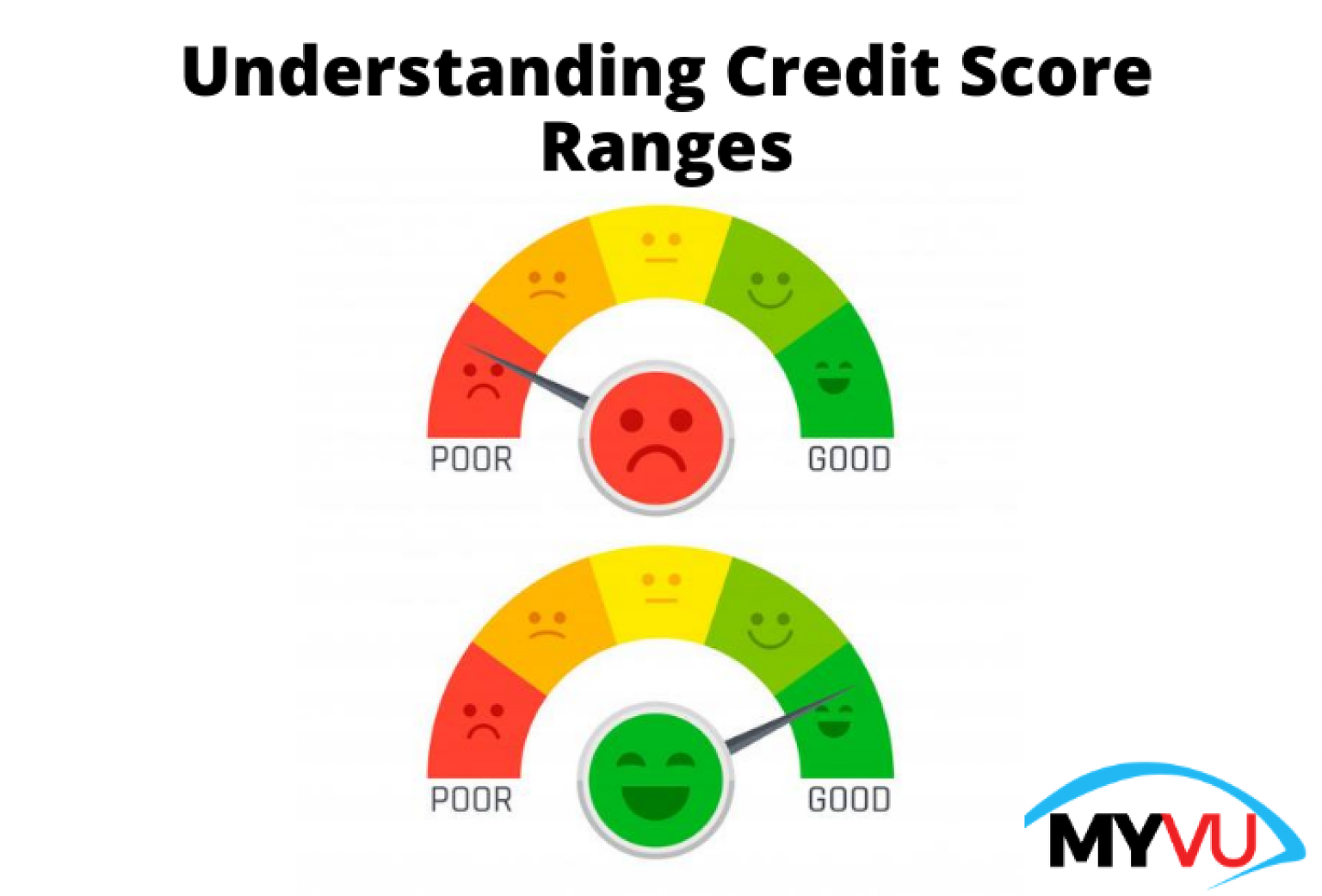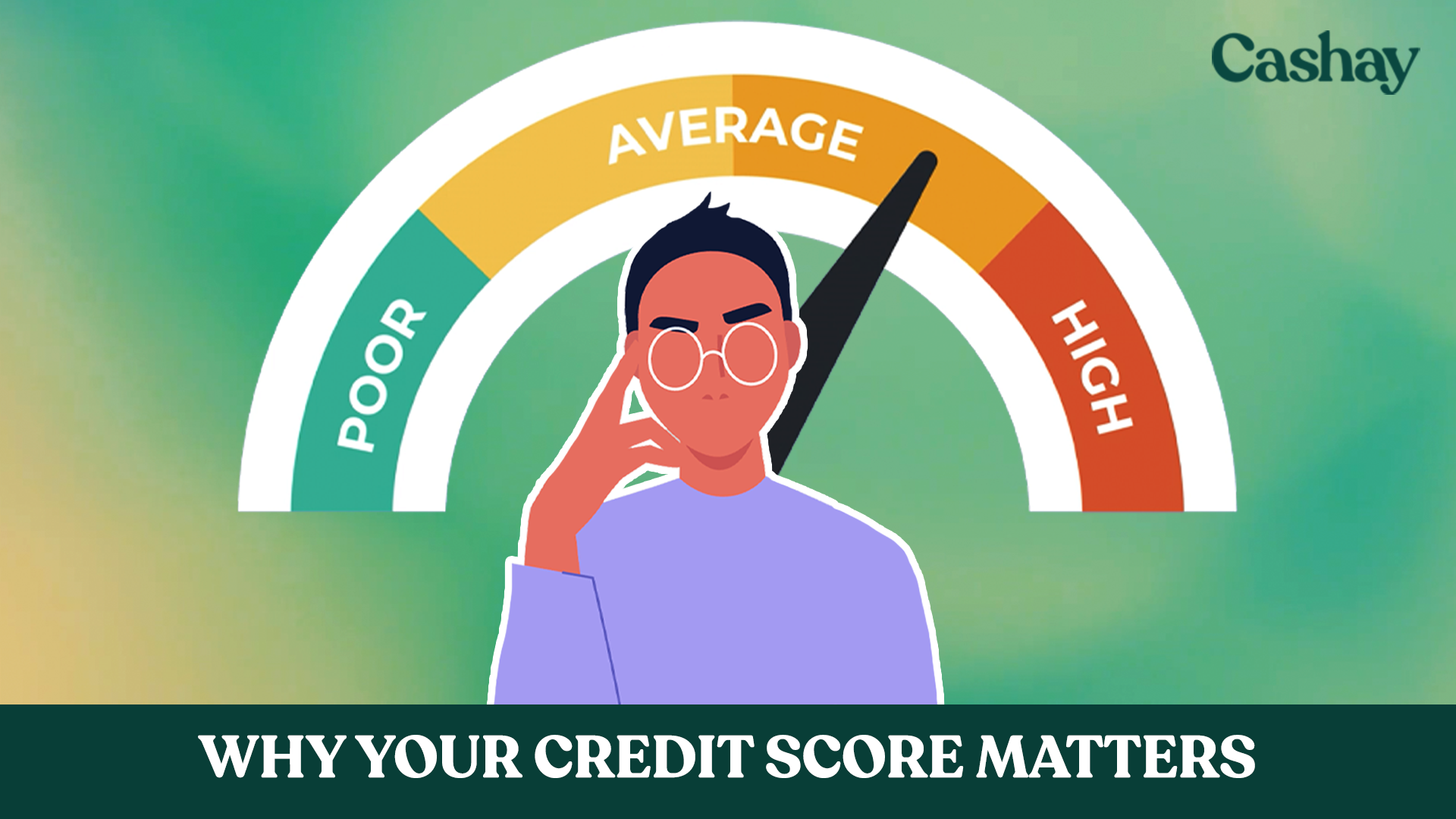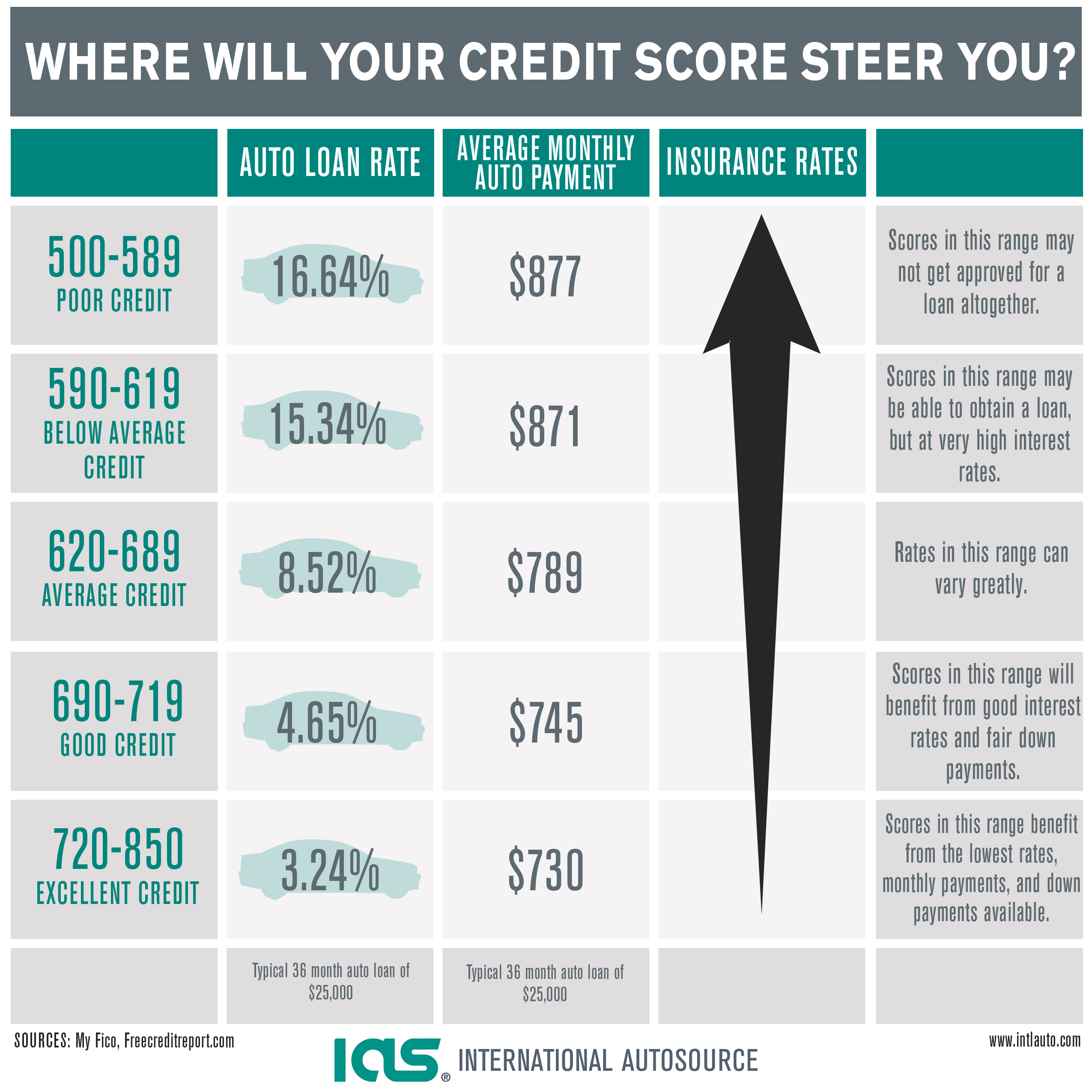

VantageScore includes all these factors, but not necessarily at the same weights. While it doesn't carry as much weight as other factors, it's still a piece of the credit score puzzle. It will rebound in a couple of months, as long as the minimum payments are made on time every month.Ĭredit mix, 10%: The variety of credit you have tells lenders you can handle many different types of accounts. Keep in mind that a hard credit inquiry will cause your score to temporarily dip. New credit, 10%: When you apply for a new credit card or loan, it can give your credit score a boost. It's not just open accounts closed accounts are calculated as well. If you took out student loans for college, this counts and could give you a longer credit history than you realize. Length of credit history, 15%: This is how long you've had credit in your name. This tells lenders you have a lot of consumer credit and you're a risky borrower. Creditors want to know if you can pay back the money you owe on time every month and until your repayment is completed.Īmounts owed, 30%: If you max out your credit cards every month, the amount you owe - or credit utilization - is high. Payment history, 35%: On-time payment history is the biggest determining factor in your credit score. For VantageScore, a good credit score range is between 661 and 780.Ĭredit scores are calculated based on your credit report on everything from payment history to different types of credit use. FICO Scoreįor FICO Scores, a good credit score is between 670 and 739. Both FICO and VantageScore - the two major credit scoring models - range from 300 to 850. There are a few different credit scoring models, and different reporting agencies and credit bureaus use different ones. The higher the three-digit number, the better your credit score is. Or if you're approved, you could face higher interest rates compared to people with good or excellent credit.

If your credit score is poor or even fair, your credit or loan application might get denied.
#Credit scite verification
Some employment verification procedures.

How are credit scores used?Īnytime you want to borrow money, lenders will check your credit score. If you have a spotty credit history riddled with late payments, defaults and high credit usage, you might not get approved for credit options in the future. Any time you want to get a credit card or apply for a loan, expect a credit check. Your credit score determines your credit health. An excellent score means you pay less in interest since you've proven you're responsible with credit. A bad credit score could mean either being denied a loan or facing a higher interest rate. It's the easiest and simplest way for lenders to know if you're worth the risk of lending money to. When applying for credit, lenders check your credit report and corresponding score to determine if you're worth lending money to. Your credit score is a three-digit number that's calculated based on your credit report.


 0 kommentar(er)
0 kommentar(er)
